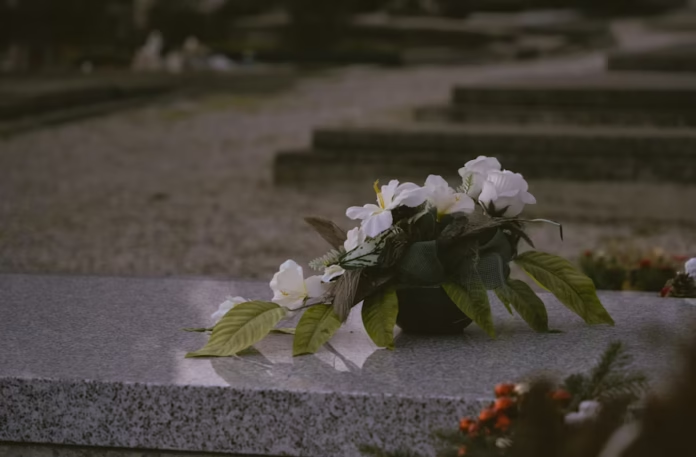[ad_1]
About 100 lives were lost in Washington State alone during the 2021 Pacific Northwest heat wave. Juliana Leon was one of them.
Inside Climate News reports that the temperature peaked at 108 degrees on June 28, 2021. That same day, Leon was driving home from Seattle.
With the air conditioner out of order, she rolled down the car windows. Instead of cooling her down, the car became an oven of hot air. Leon succumbed to the heat.
In a bold move, Leon’s daughter took on the big guys, filing a wrongful death lawsuit against major oil companies. Her message? Big Oil played a role in her mom’s death, and it’s time they were held accountable.
To back up her allegations, scientists determined Leon’s death would have been virtually impossible without human-caused climate change. Should Leon’s daughter win the lawsuit, it could open the door for others suffering from climate change-related harms and rewrite wrongful death laws.
Her lawsuit may be the first of its kind, but others have taken on the legal system and won. In this article, we’ll discuss real cases that reshaped wrongful death laws as we know them.
The Evolution of Wrongful Death Laws in the U.S.
Wrongful death statutes have come a long way. In the 2010s and early 2020s, states saw significant shifts in who can file wrongful death claims, according to the American Bar Association.
While some states broadened access to include domestic partners and extended family members, others revisited damage caps to reflect modern realities. However, behind every legislative update is a story, and often a painful one.
Real Cases, Real Impact
Medical Malpractice and a Missed Diagnosis
One heartbreaking case out of Atlanta tells the story of a woman who went to the hospital several times with clear symptoms of a stroke.
Doctors told her it was a sinus infection and sent her home. Hours later, she passed away. Devastated, her family turned to a local wrongful death attorney in Atlanta and filed a claim. The case ended in a settlement.
Finch McCranie LLP notes that it highlights how failure to follow basic medical protocols leads to fatal outcomes, and that legal action can hold the guilty party accountable.
When Equipment Fails, Culpability Matters
In another distressing case, a patient was admitted for a routine surgery. Things took a tragic turn when a faulty infusion pump fed them a deadly dose of medication.
The lawsuit uncovered something even more upsetting. The hospital was aware that the equipment had problems. It kept using it anyway.
That case led to a recall of similar medical devices and pushed the hospital to retrain its staff on equipment safety.
A Family’s Fight for Policy Reform
One of the most talked-about cases of wrongful death turning into real change is that of a mother who died during labor because hospital staff ignored the warning signs.
Her family’s legal battle was a catalyst for a mandatory policy change across healthcare networks regarding how labor complications are monitored.
These cases are powerful reminders that wrongful death suits push institutions to improve, not only to compensate.
When States Set Limits And Why It Matters
Earlier this year, Texas lawmakers reignited debate over wrongful death and medical malpractice claims by proposing caps on damages for non-economic losses.
The argument? Lowering insurance premiums. Yet, critics argue these limits hurt families most, specifically those who’ve lost loved ones due to gross negligence or systemic failure.
If passed, such limits could become a model for other states, potentially reducing the ability of grieving families to seek justice through the courts.
A Case Study: Georgia’s Legal Landscape
For families in Atlanta and across Georgia, navigating a wrongful death claim can be overwhelming. It’s crucial to understand how the law works to prove wrongful death and how recent legal reforms can support your case.
Georgia law allows the surviving spouse, children, or the deceased’s estate to file a claim. The damages can include both economic losses (lost wages, medical bills) and intangible ones (loss of companionship).
Nonetheless, Georgia adheres to certain limits that families should be aware of, time restrictions for filing, and rules for the distribution of damages.
Advocating for Reform
Wrongful death cases are about more than compensation. They’re about accountability, awareness, and change.
When lives are lost, the legal system is one of the few avenues families have to demand answers and change.
It may be little comfort when the judge rules in your favor. Families care about fair compensation the least. What they do care about is enacting reform and knowing that a court listened and wrongful death lawyers believed them.
[ad_2]
Source link

